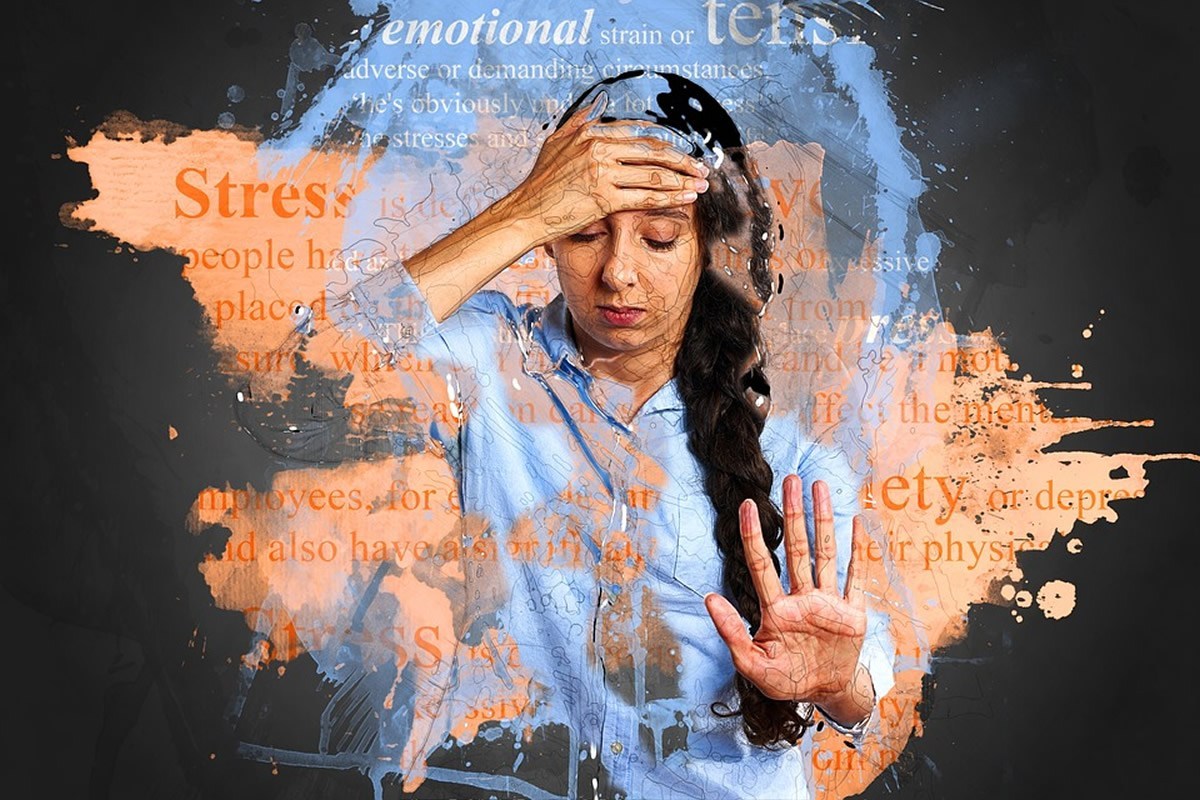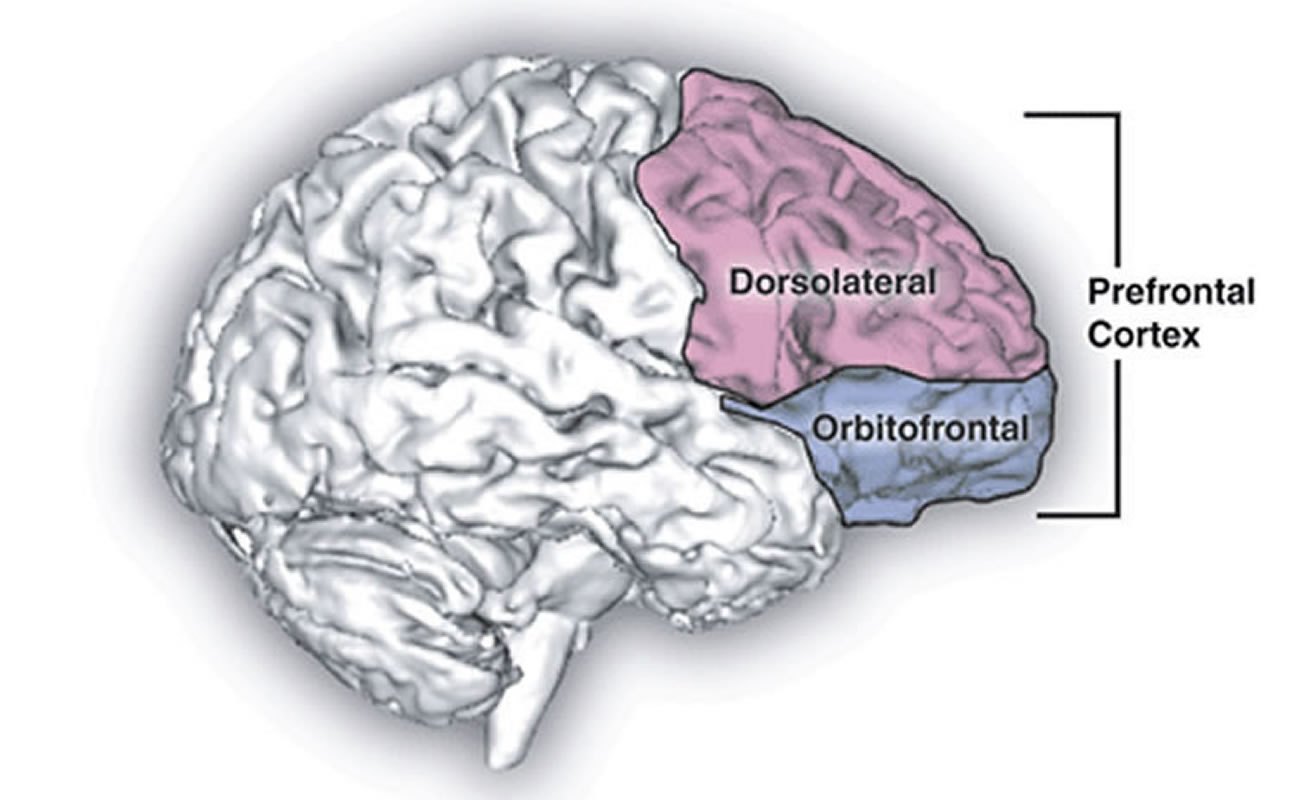People who experience anxiety symptoms might be helped by taking steps to regulate the microorganisms in their gut using probiotic and non-probiotic food and supplements, suggests a review of studies published today in the journal General Psychiatry. Anxiety symptoms are common in people with mental diseases and a variety of physical disorders, especially in disorders that are related to stress. Previous studies have shown that as many as a third of people will be affected by anxiety symptoms during their lifetime. Increasingly, research has indicated that gut microbiota — the trillions…
Read MoreCategory: Brain
Simple test can tell if you’re stressed out
Stress is often called “the silent killer” because of its stealthy and mysterious effects on everything from heart disease to mental health. Now researchers at the University of Cincinnati have developed a new test that can easily and simply measure common stress hormones using sweat, blood, urine or saliva. Eventually, they hope to turn their ideas into a simple device that patients can use at home to monitor their health. The results were published this month in the journal American Chemical Society Sensors. “I wanted something that’s simple and easy to…
Read MoreGrowing up high: Neurobiological consequences of adolescent cannabis use
About one in five Canadian adolescents uses cannabis (19% of Canadians aged 15-19), and its recent legalization across the country warrants investigation into the consequence of this use on the developing brain. Adolescence is associated with the maturation of cognitive functions, such as working memory, decision-making, and impulsivity control. This is a highly vulnerable period for the development of the brain as it represents a critical period wherein a regulatory connection between higher-order regions of the cortex and emotional processing circuits deeper inside the brain are established. It is a…
Read MoreFrom the overuse of antibiotics to anti-vaxxers, why we need to work together to create a stronger culture of public health
Whenever I talk about my research on how parents come to decide to reject vaccines for their children, my explanations are met with a range of reactions, but I almost always hear the same questions. What is wrong with those parents? Are they anti-science? Are they anti-expert? Are they simply ignorant or selfish? Are they crazy? The year is not half over, and the number of measles cases has now exceeded highs not seen since the U.S. was declared measles-free in 2000. Given the indisputably large role unvaccinated individuals are playing in it, parents…
Read MoreExposure to air pollution before and after birth may affect fundamental cognitive abilities
A growing body of research suggests that exposure to air pollution in the earliest stages of life is associated with negative effects on cognitive abilities. A new study led by the Barcelona Institute for Global Health (ISGlobal), a centre supported by “la Caixa”, has provided new data: exposure to particulate matter with a diameter of less than 2.5 μm (PM2.5) during pregnancy and the first years of life is associated with a reduction in fundamental cognitive abilities, such as working memory and executive attention. The study, carried out as part…
Read More




